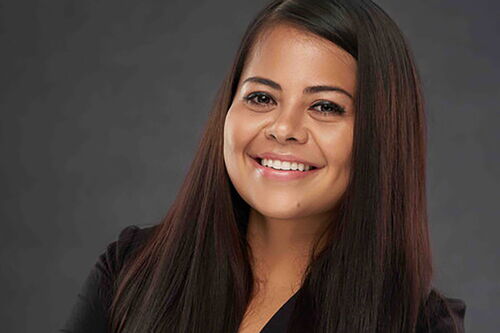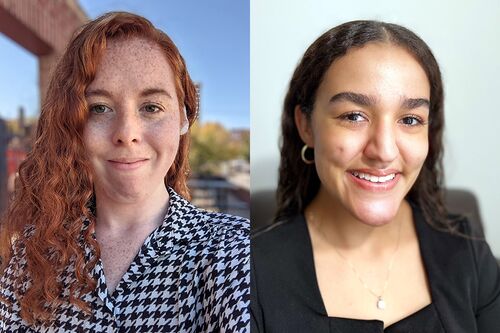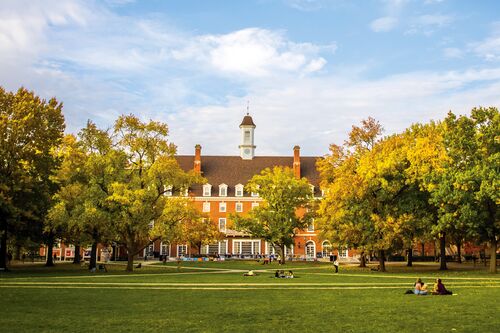Religion professor awarded Guggenheim Fellowship
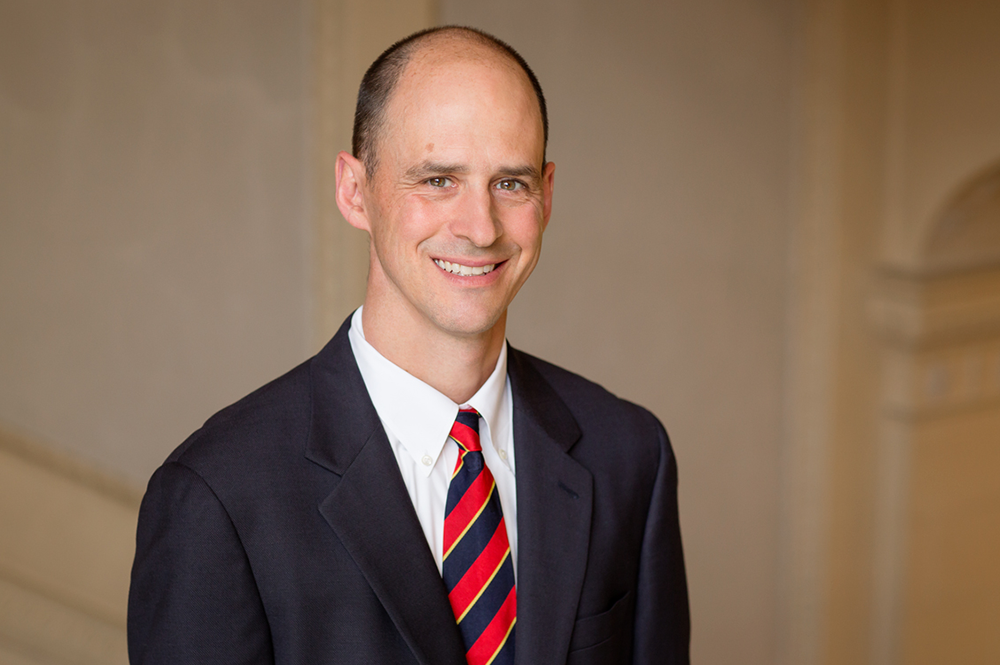
University of Illinois professor of religion Jonathan Ebel has been awarded a 2017 Guggenheim Foundation Fellowship.
Ebel is one of 173 scholars, artists and scientists named as 2017 Guggenheim Fellows. They were chosen from almost 3,000 applicants on the basis of prior achievement and exceptional promise, according to the John Simon Guggenheim Memorial Foundation, in a press release.
Ebel will use his fellowship tenure to complete work on a religious history of the Great Depression and the New Deal in agricultural California. He is studying the encounters between Dust Bowl refugees and New Deal officials.
“Destitute ‘Okie’ migrants who found refuge in federally run migratory farm labor camps also found camp managers, nurses and home economists who were eager to modernize the migrants’ lifestyles, including their religious attitudes and behaviors,” Ebel said. “My book tells the story of this decade-long interaction and of the religious conflicts that unfolded between secular reformers and the men and women displaced by the economic and natural catastrophes of the Great Depression.”
Ebel specializes in the religious history of the United States. He has written on the role religion plays in shaping American soldiers’ war experiences and the nation’s war memories. Ebel is the author of “G.I. Messiahs: Soldiering, War, and American Civil Religion” (Yale University Press, 2015) and “Faith in the Fight: Religion and the American Solider in the Great War” (Princeton University Press, 2010). He also co-edited “From Jeremiad to Jihad: Religion, Violence, and America” (University of California Press, 2012) with professor John Carlson of Arizona State University.
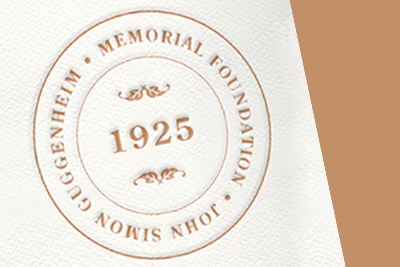
“I think most Americans think of war as a primarily secular experience,” Ebel told LAS News magazine, in 2010. “Whether it’s Yorktown or Gettysburg or the Battle of the Bulge, My Lai, you can do that by thinking about authority, about economics, about politics, by thinking about a whole range of things that don’t have much to do with religion. But I don’t think we fully understand wars if we don’t spend some time thinking about the religious dimensions of it.”
In addition to his Guggenheim project, Ebel is also in the early stages of researching and writing a religious history of American warfare, told in five weapons.
Ebel received a B.A. from Harvard in 1993 and a Ph.D. from the University of Chicago in 2004. He served as a naval intelligence officer from 1993-97 and continued in that capacity in the Navy Reserve until 2005.






